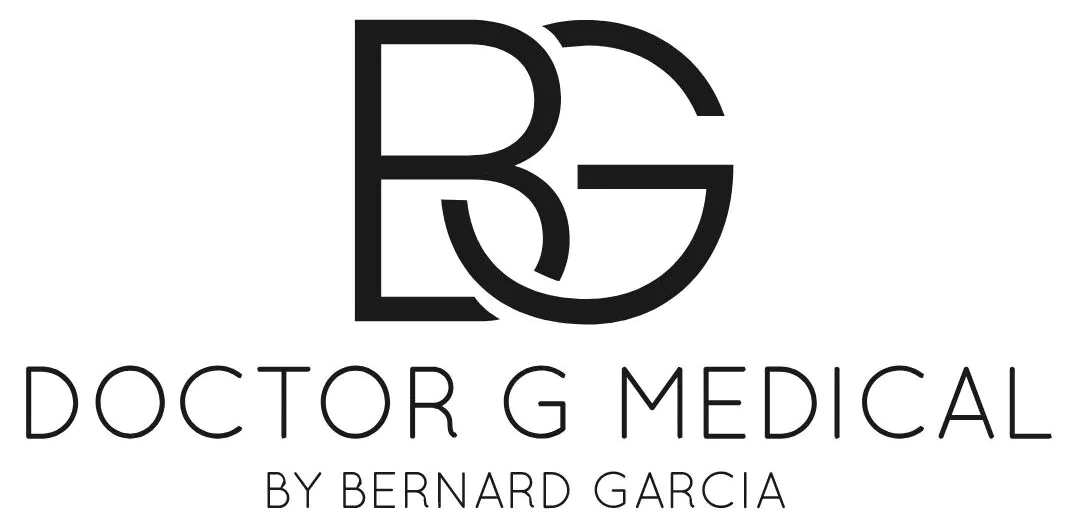Tirzepatide and Pancreatitis: Rare but Serious Side Effect
Tirzepatide, while a breakthrough medication for weight loss and type 2 diabetes management, carries a rare but serious risk of pancreatitis. Understanding this potential side effect is crucial for both patients and healthcare providers to ensure safe and effective use of the medication.
What is Pancreatitis?
Pancreatitis is the inflammation of the pancreas, an organ located behind the stomach that plays a vital role in digestion and blood sugar regulation. It can occur in acute (sudden) or chronic (long-term) forms.
Acute Pancreatitis: A sudden inflammation of the pancreas that can cause severe abdominal pain and other symptoms.
Chronic Pancreatitis: A long-term inflammation that can lead to permanent damage to the pancreas and cause ongoing pain and digestive problems.
Tirzepatide and the Risk of Pancreatitis:
While the exact mechanism by which tirzepatide may increase the risk of pancreatitis is not fully understood, it’s thought to be related to the medication’s effects on the gastrointestinal system and hormonal regulation.
GLP-1 receptor agonists, which share a similar mechanism with tirzepatide, have been associated with an increased risk of pancreatitis in some studies.
Tirzepatide’s dual GIP and GLP-1 receptor agonist activity may influence pancreatic function, potentially leading to inflammation in susceptible individuals.
It is important to note that the risk is considered rare.
Symptoms of Pancreatitis:
Recognizing the symptoms of pancreatitis is essential for prompt medical attention. Common symptoms include:
Severe Abdominal Pain: This is the hallmark symptom, often described as a sharp, stabbing pain in the upper abdomen that may radiate to the back.
Nausea and Vomiting: These symptoms often accompany the abdominal pain.
Fever: An elevated body temperature.
Rapid Heart Rate: An increased heart rate.
Swollen and Tender Abdomen: The abdomen may be distended and painful to the touch.
Oily or Foul Smelling Stools: Changes in bowel movements.
Risk Factors:
Certain factors may increase the risk of developing pancreatitis while taking tirzepatide:
History of Pancreatitis: Individuals with a previous history of pancreatitis are at higher risk.
Gallstones: Gallstones can block the pancreatic duct, leading to pancreatitis.
High Triglyceride Levels: Elevated triglyceride levels can contribute to pancreatic inflammation.
Excessive Alcohol Consumption: Alcohol abuse is a well-known risk factor for pancreatitis.
Diagnosis and Treatment:
If you experience symptoms of pancreatitis while taking tirzepatide, seek immediate medical attention. Diagnosis typically involves:
Blood Tests: To check for elevated levels of pancreatic enzymes.
Imaging Studies: Such as CT scans or ultrasounds, to visualize the pancreas and detect inflammation.
Treatment for pancreatitis may include:
Hospitalization: For severe cases, hospitalization is necessary.
Pain Management: Medications to relieve pain.
Intravenous Fluids: To prevent dehydration.
NPO (Nothing by Mouth): To allow the pancreas to rest.
Treatment of Underlying Causes: Such as gallstone removal or triglyceride management.
Important Considerations:
Patient Education: Patients should be educated about the symptoms of pancreatitis and instructed to seek immediate medical attention if they occur.
Medical History: A thorough medical history should be taken to identify individuals at increased risk.
Monitoring: Regular monitoring for signs and symptoms of pancreatitis is recommended.
Discontinuation of Tirzepatide: If pancreatitis is diagnosed, tirzepatide should be discontinued.
Consultation: Always consult with a healthcare professional regarding any questions or concerns.
In summary: While pancreatitis is a rare side effect of tirzepatide, it is a serious one. Prompt recognition of symptoms and immediate medical attention are crucial for optimal outcomes.

Tirzepatide and Pancreatitis: Rare but Serious Side Effect
Route
Doctor G Medical Excellence: Health Well-being and Longevity
URL: https://doctorgmed.com/
| Monday | 09:00 - 17:00 |
| Tuesday | 09:00 - 17:00 |
| Wednesday | 09:00 - 17:00 |
| Thursday | 09:00 - 17:00 |
| Friday | 09:00 - 17:00 |
| Saturday | 09:00 - 17:00 |
| Sunday | Closed |







